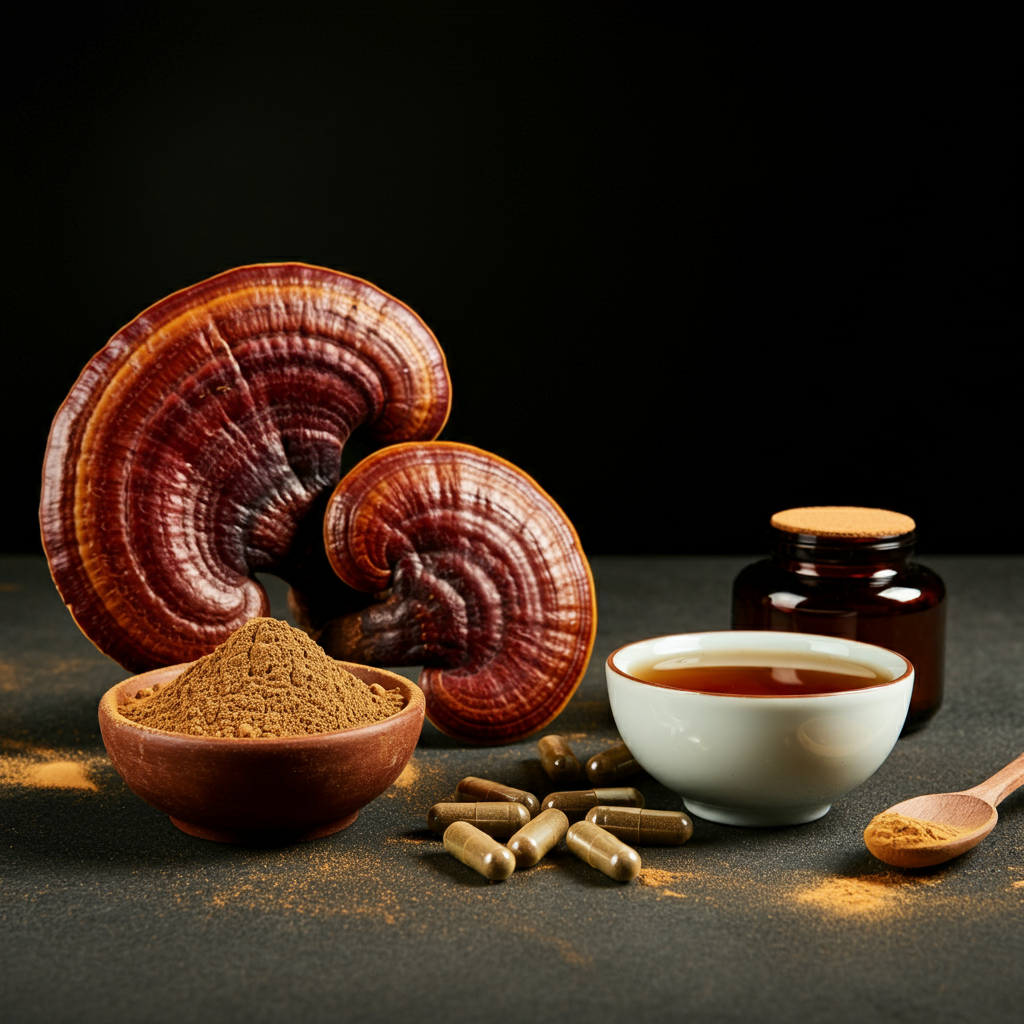Pleurotus eryngii Improves Postprandial Glycaemia, Hunger and Fullness Perception, and Enhances Ghrelin Suppression in People with Metabolically Unhealthy Obesity
Authors:
Stamatia-Angeliki Kleftaki, Stamatia Simati, Charalampia Amerikanou, Aristea Gioxari, Chara Tzavara, Georgios I. Zervakis, Nick Kalogeropoulos, Alexander Kokkinos, Andriana C. Kaliora
Journal:
Pharmacological Research, 2022
DOI: 10.1016/j.phrs.2021.105979
Study Design
Randomized, crossover-controlled acute clinical trial
Participants
Nineteen adults with metabolically unhealthy obesity, each meeting criteria for at least three metabolic syndrome risk factors. Participants completed both arms of the trial.
Intervention
Each participant consumed two matched test meals (with and without Pleurotus eryngii) in random order on separate days. The meals were identical in calories and macronutrient content. Blood samples and appetite scores were collected at baseline and multiple time points over 3 hours post-meal.
Outcome Measures
- Blood glucose and insulin levels
- Appetite-regulating hormones: ghrelin, PYY, GLP-1, glicentin
- Visual analog scales for hunger and fullness perception
Summary
This crossover study investigated the postprandial effects of Pleurotus eryngii in individuals with metabolic syndrome. Compared to a control meal, the mushroom meal significantly reduced postprandial glucose and ghrelin responses. Participants also reported reduced hunger and increased fullness following the mushroom meal. No significant differences were observed in insulin, PYY, GLP-1, or glicentin levels. The results suggest that Pleurotus eryngii, likely through its fiber and polysaccharide content, may improve post-meal glycaemic control and short-term appetite regulation in people with obesity-related metabolic disorders.

No responses yet